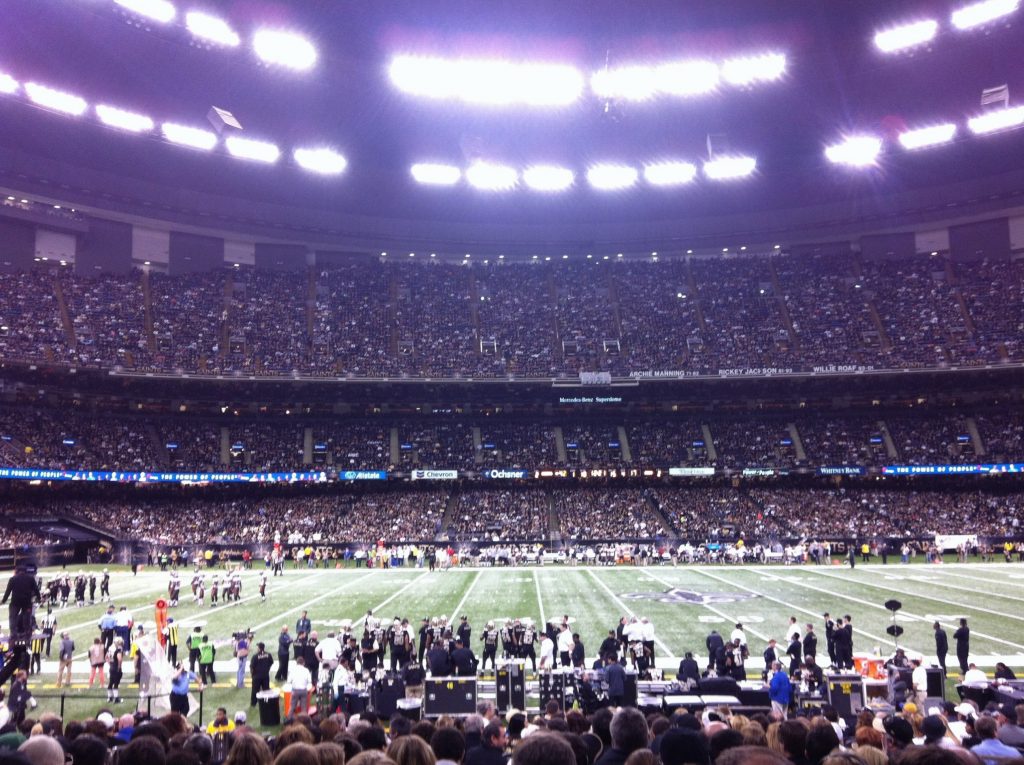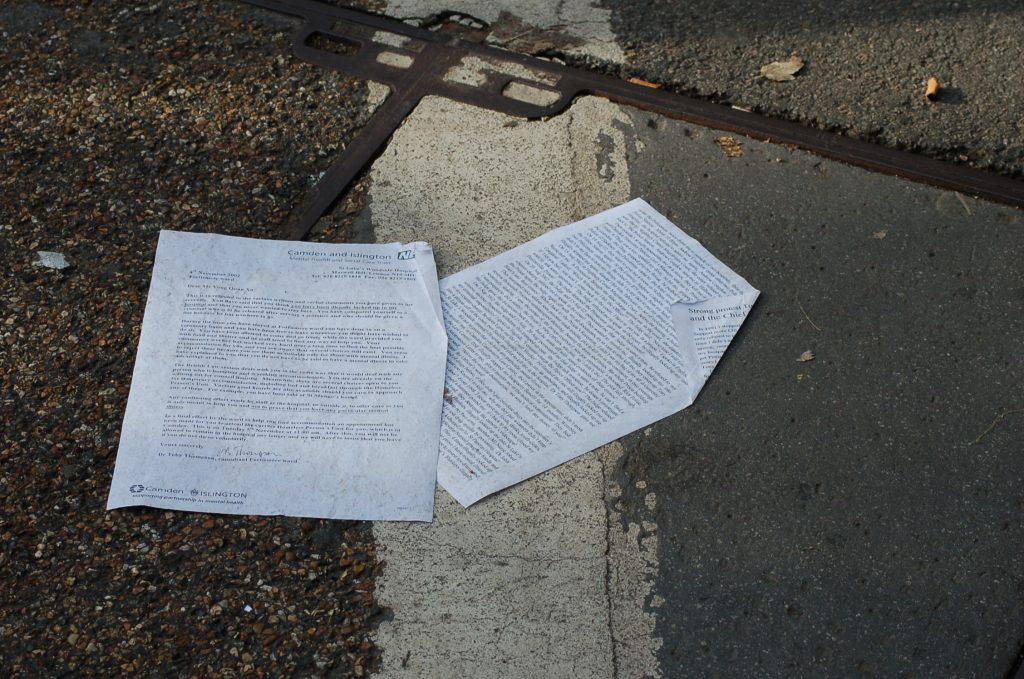 No one likes to deal with insurance matters. Shopping for insurance and understanding the terms of an insurance policy can be complex. Most people are happy to just pay their monthly premiums and know that they have insurance when they need it – and then hope they never need it at all. One woman learned how complex insurance matters can be when she was injured in July of 2012 when the Pontiac Sunfire that she was driving was involved in an auto accident in Ouachita Parish.
No one likes to deal with insurance matters. Shopping for insurance and understanding the terms of an insurance policy can be complex. Most people are happy to just pay their monthly premiums and know that they have insurance when they need it – and then hope they never need it at all. One woman learned how complex insurance matters can be when she was injured in July of 2012 when the Pontiac Sunfire that she was driving was involved in an auto accident in Ouachita Parish.
The insurer of the other driver who was involved in the accident tendered payment to the plaintiff, Sonya Rodgers, in an amount equal to the policy limits. At the time of the accident, Rodgers was insured by State Farm. Rodgers sued State Farm alleging that she should be provided uninsured motorist coverage for the injuries she suffered in the accident. State Farm filed a motion for summary judgment arguing that uninsured motorist coverage was not provided because Rodgers rejected such coverage in April of 2010.
Rodgers contended in opposition to the motion that there was a genuine issue of material fact as to whether there was uninsured motorist coverage at the time of the accident. Rodgers argued that after the original vehicle covered under her State Farm policy became inoperable, she turned its license plate into the DMV, alerted her State Farm agent that she would no longer need the coverage because the vehicle was broken down beyond repair, and she stopped paying premiums to State Farm. Rodgers said that she considered the policy to be cancelled after she took those steps. Rodgers further said that after acquiring the Pontiac Sunfire she contacted her State Farm agent and negotiated a new policy and she believed that she had uninsured motorists coverage because State Farm never asked her to execute a new rejection of uninsured motorist coverage form. See La. R.S. 22:1295.
 Louisiana Personal Injury Lawyer Blog
Louisiana Personal Injury Lawyer Blog


 Putting on a festival at the New Orleans Superdome is a lot of work. One vital part of that work is to confirm that the insurance policy actually covers the activities and location of the festival. Festival Productions, Inc. – New Orleans (“FPINO”) learned this lesson the costly and hard way. The Louisiana Fourth Circuit Court of Appeal’s decision shows the gaping hole in FPINO’s coverage that was entirely avoidable.
Putting on a festival at the New Orleans Superdome is a lot of work. One vital part of that work is to confirm that the insurance policy actually covers the activities and location of the festival. Festival Productions, Inc. – New Orleans (“FPINO”) learned this lesson the costly and hard way. The Louisiana Fourth Circuit Court of Appeal’s decision shows the gaping hole in FPINO’s coverage that was entirely avoidable.  Insurance policies can still be intact even if the insured fails to pay if the insurance company fails to follow the proper protocol in informing the insured that he or she no longer has coverage. State Farm found themselves liable for coverage in just a situation.
Insurance policies can still be intact even if the insured fails to pay if the insurance company fails to follow the proper protocol in informing the insured that he or she no longer has coverage. State Farm found themselves liable for coverage in just a situation.  Anytime you get in a car can be a life and death situation. While no one ever wants to think about the worst, what will your insurance cover if the worst does happen. Your policy may not only need to cover you and those injured, it could need to cover your employer if you were driving in the scope of your employment.
Anytime you get in a car can be a life and death situation. While no one ever wants to think about the worst, what will your insurance cover if the worst does happen. Your policy may not only need to cover you and those injured, it could need to cover your employer if you were driving in the scope of your employment.


 A fire at a building you own cannot only damage your property but others as well. So what happens when a fire starts at your property and then quickly spreads to others, are you liable for their losses as well? The following case demonstrates what happens in court when a piece of real estate catches fire, causing damage to a neighboring property.
A fire at a building you own cannot only damage your property but others as well. So what happens when a fire starts at your property and then quickly spreads to others, are you liable for their losses as well? The following case demonstrates what happens in court when a piece of real estate catches fire, causing damage to a neighboring property.  The case may have seemed simple enough to the courts at first: interpret a contract. The main question in the case before the U.S. Court of Appeals for the Fifth Circuit was whether to apply the business’ projected income versus the actual income when calculating the coinsurance reward. The Court had to determine whether the language in the insurance policy and contract was clear as to which income it referred to. The Court applied Louisiana law, and indicated that courts must apply the contract as a whole, rather than in separate parts. The Court also applied the same law, which prior Louisiana Supreme Court decisions established, in determining that a court must enforce a contract as it is written when the contract’s meaning is clear and unambiguous.
The case may have seemed simple enough to the courts at first: interpret a contract. The main question in the case before the U.S. Court of Appeals for the Fifth Circuit was whether to apply the business’ projected income versus the actual income when calculating the coinsurance reward. The Court had to determine whether the language in the insurance policy and contract was clear as to which income it referred to. The Court applied Louisiana law, and indicated that courts must apply the contract as a whole, rather than in separate parts. The Court also applied the same law, which prior Louisiana Supreme Court decisions established, in determining that a court must enforce a contract as it is written when the contract’s meaning is clear and unambiguous. Renting a U-Haul truck can be a necessary burden when you are tasked with moving a lot of stuff from place to place. During the rental process you might be asked whether or not you want supplemental insurance policies. But who do you sue when an accident happens? In the following case out of New Orleans, Louisiana one plaintiff finds out who definitely cannot be sued when a U-Haul and Fedex truck collide.
Renting a U-Haul truck can be a necessary burden when you are tasked with moving a lot of stuff from place to place. During the rental process you might be asked whether or not you want supplemental insurance policies. But who do you sue when an accident happens? In the following case out of New Orleans, Louisiana one plaintiff finds out who definitely cannot be sued when a U-Haul and Fedex truck collide.